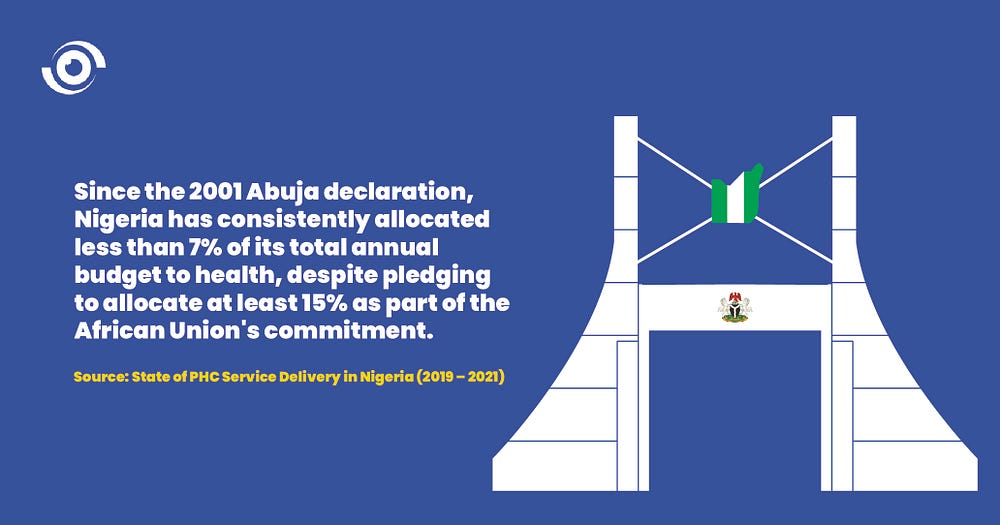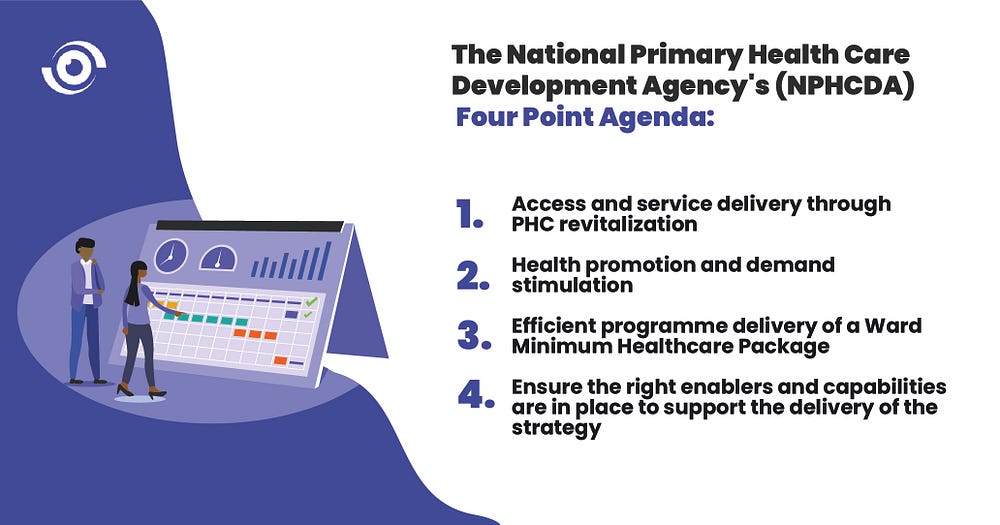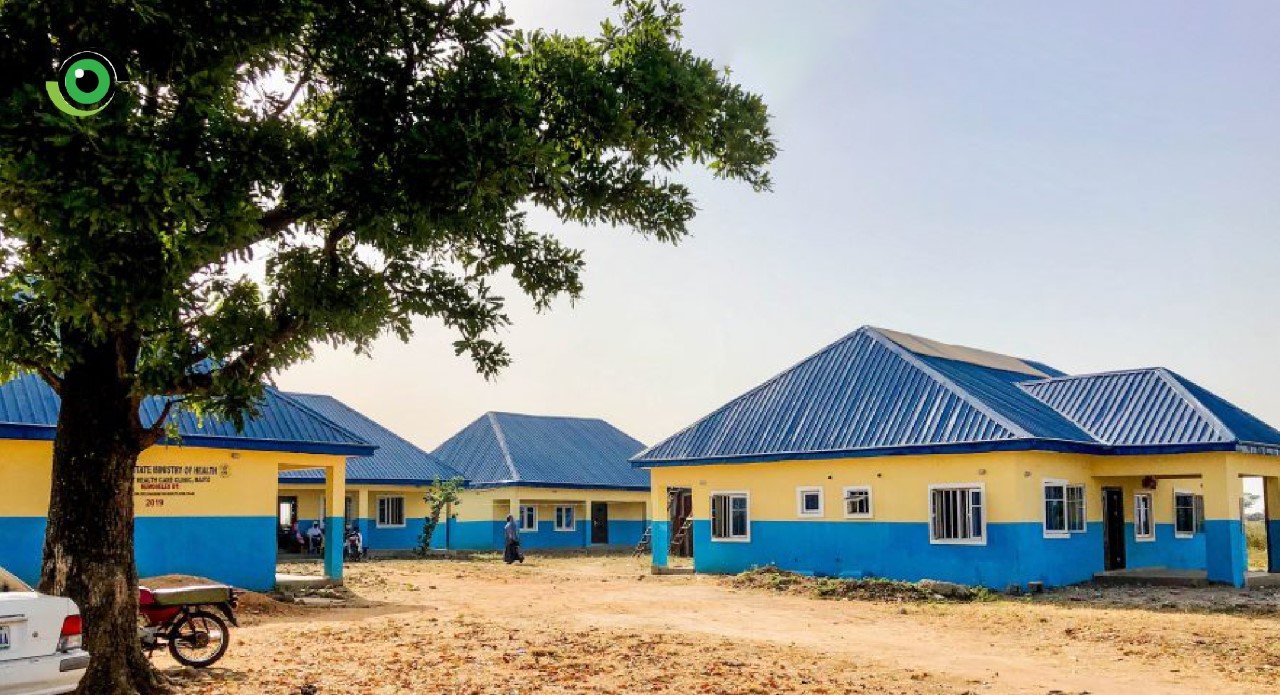[ad_1]
By Oluoma Omeje (Lead Writer)
‘We strongly affirm our commitment to the fundamental right of every human being to the enjoyment of the highest attainable standard of health without distinction of any kind. Convening on the fortieth anniversary of the Declaration of Alma-Ata, we reaffirm our commitment to all its values and principles, in particular to justice and solidarity, and we underline the importance of health for peace, security and socioeconomic development, and their interdependence.’ — Declaration of Astana, 2018
In October 2018, governments, civil societies, the private sector and other stakeholders across the world made the above affirmation in Astana, Kazakhstan at the Global Conference on Primary Health Care where they convened to commemorate and reaffirm their commitment to Primary Health Care (PHC), 40 years after the Alma Ata declaration. At this conference, a new declaration was endorsed re-focusing efforts on primary health care to create a world where everyone everywhere can enjoy the highest possible attainable health standard.
The 40th anniversary of the Alma-Ata Declaration served as an opportunity to renew global commitment to primary health care and in September 2021, Partnership for Advocacy in Child and Family Health at Scale (PacFah@Scale) dRPC and ACIOE and Nigeria Health Watch organised a policy dialogue titled, “PHC in Nigeria:Progress,Challenges and Collaborating for Transformation” to discuss the progress and challenges of primary health care in the country. The consensus was that although there had been some progress, there was an urgent need for improvements in funding, governance, coordination, infrastructure, and human resources for health.

Re-commitments and efforts so far
Nigeria’s PHC system has recorded continuous change and reform which reflects the government’s commitment to improving the health and well-being of its population and addressing the challenges that have hindered effective PHC service delivery in the country. In March 2022 when members of the executive and legislative arms of government, health professional associations and other stakeholders within the health sector gathered at a two-day PHC Summit themed, ‘Re-imagining Primary Health Care,’ they recommitted to making bold choices for health and building a sustainable primary health system.
During the Summit, the Nigeria Governors Forum (NGF) committed to prioritise primary health care by implementing the PHC leadership Challenge Fund to improve sub-national governance of PHC systems starting with the PHC Under One Roof (PHCUOR) policy, amongst others. In August 2022, the NGF launched the Leadership Challenge and in May 2023, Borno State won the award for the top-performing state in Nigeria’s PHC Leadership Challenge and was awarded $1.2 million. Edo State emerged second, Ondo and Bauchi State were also recognised.

Lawmakers also pledged to consider reviewing the allocation of the Basic Healthcare Provision Fund (BHCPF) from 1% of the Consolidated Revenue Fund (CRF) to 2%; however, there has been little action taken to fulfill this commitment so far and with a new government now in place, there is renewed hope that there will be progress.
The private sector committed to adopt 889 PHCs across the country. Private Sector Health Alliance of Nigeria (PSHAN), Dangote Foundation, Aig-Imoukhuede Foundation, Herbert Wigwe Foundation and Chigari Foundation all pledged to adopt one PHC across the 774 LGAs in the country, for five years; one PHC across the 44 LGAs in Kano State, over 23 PHCs in Edo State, one PHC across the 23 LGAs in Rivers State and one PHC in Misau, Bauchi State respectively. As part of the private sector fulfilling the “Adopt a PHC” commitment, PSHAN launched the Adopt-A-Healthcare-Facility Program (ADHFP) in November 2022. Currently, 181 PHCs (20%) have been adopted as a collective effort of the private sector. Also, dRPC-PAS through the Coalition of CSOs conducts evidence-based advocacies, town hall meetings and PHC assessments in Kaduna state, and this has contributed to the rehabilitation, reconstruction and equipping of their ward focal PHCs by the state leadership.
The way forward
Five years after the global pledge to uphold the principles of the Alma-Ata Declaration and one year after the PHC Summit, there are lingering challenges yet to be overcome. Despite making efforts to honour the commitments made at the Summit, there is a critical need to recall the four-point agenda unveiled to address problem areas including financing, fragmented governance and coordination, shortage of skilled human resource for health, stockouts of medicines and essential commodities and poor infrastructure in PHC facilities.
The four points are,
- Access and service delivery through PHC revitalisation: Increase and improve capacity of health care workers, ensure availability of equipment, essential medicines and commodities, upgrade the infrastructure of facilities, embed operational processes and leverage medical technologies as alternative methods for service delivery.
- Health promotion and demand stimulation: Focus on community participation and behavioural change communication to stimulate demand.
- Efficient programme delivery of a Ward Minimum Healthcare Package: More health for the money, not always more money for health. Deliver Ward Minimum Healthcare Package and improve maternal & new-born and childcare and control of communicable diseases.
- Ensure the right enablers and capabilities are in place to support the delivery of the strategy: Health Financing; Information and Data Management; Partnerships; Technology systems; Governance, Performance Management & Transformation Management.

There is also the need for the full implementation of the PHCUOR policy in all states which is critical to reduce governance fragmentation in PHC service delivery. This involves establishing a single management body in each state to ensure effective control and coordination of resources and services at the PHC level. There should be a dedicated budget line for PHC implementation in the state and local government appropriation act, with timely release of dedicated allocations. Furthermore, the National Assembly’s commitment to advocate for an additional 1% of the CRF for the BHCPF needs to be revitalised. In addition, the remuneration of the health workforce, particularly at the PHC level, must be reviewed to ensure adequate support for the essential health services provided to individuals, families, and communities. This is especially urgent given the international migration of healthcare professionals.
Strengthening our wins and addressing the challenges head on will require more than a global declaration and national commitments. Commitments need to be backed with resources; it is time to walk the talk to ensure that every Nigerian enjoys the ‘highest attainable standard of health without distinction of any kind’.
[ad_2]
Source link



